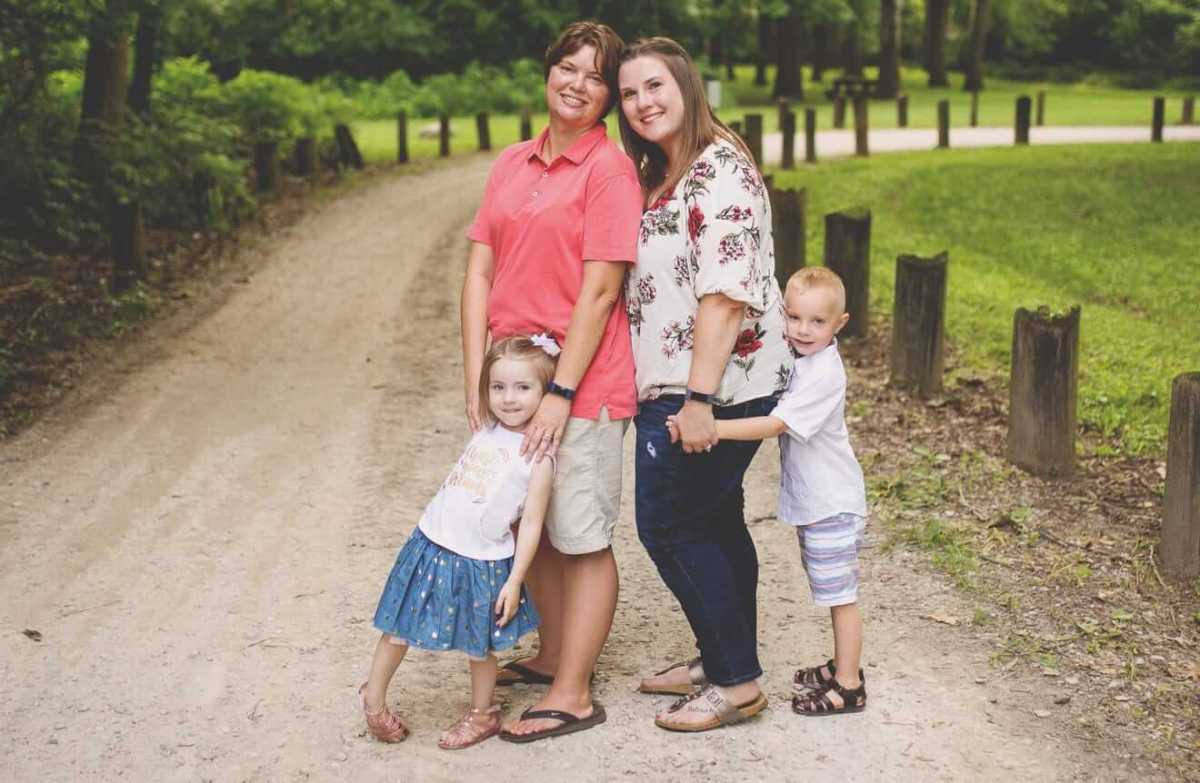Now that there is a 6-3 conservative majority on the Supreme Court, it is possible that the court will begin a process of narrowing the scope of its 2015 marriage equality ruling in Obergefell v. Hodges.
That is at least one interpretation of the court’s request for additional briefing on a petition for review filed by the State of Indiana in Box v. Henderson, a case in which the Seventh Circuit Court of Appeals found that the presumption that a birth mother’s spouse is a newborn child’s parent must be applied regardless of whether that spouse is male or female.
The Seventh Circuit’s decision relied on Obergefell and the subsequent 2017 decision by the high court in Pavan v. Smith, which involved the listing of a birth mother’s lesbian spouse on their child’s birth certificate and overruled an Arkansas Supreme Court decision adverse to the interests of same-sex couples.
When Indiana filed its petition for review in June, the respondents — same-sex mothers challenging the state’s policy of not listing a lesbian birth mother’s wife on their child’s birth certificate — waived their right to respond, likely assuming the court would not be interested in revisiting an issue that it had decided in Pavan with a per curiam decision — one that does not identify a specific justice authoring the majority opinion — and with only three dissenting votes.
Two of the six judges in that 2017 majority, however — Ruth Bader Ginsburg and Anthony Kennedy — no longer sit on the court.
Evidently the Box v. Henderson petition, lacking any response, caught the eyes of one or more of the conservative justices, who had the clerk of the court send a request to the women who challenged the Indiana policy, seeking a brief in response. That was filed on November 10, and on November 23 the State of Indiana filed a reply.
An argument that has been persuasive to lower courts — apart from the mandate from Obergefell and Pavan to apply “equal treatment” to marriages of same-sex couples compared to different-sex couples — is that states have employed the presumption in favor of a birth mother’s husband even when it was clear he was not the biological father, as for example when donor sperm was used to inseminate the wife with the husband’s consent or when the husband and wife were geographically separated when she became pregnant.
In other words, under existing policies in many states, the parental presumption has not been limited to cases in which it was rational to assume that the birth mother’s husband was in fact the child’s biological father.
Though Chief Justice Roberts dissented in Obergefell, he did join the per curiam majority in Pavan. But even if he sticks with that position, there are only three other justices remaining on the court who joined him — Stephen Breyer, Sonia Sotomayor, and Elena Kagan. Justices Clarence Thomas and Samuel Alito, on the other hand, joined Neil Gorsuch’s dissent, asserting that the issue was not settled definitively simply on the basis of Obergefell.
That means that the resolution on this case falls to the positions that Justices Brett Kavanaugh and Amy Coney Barrett adopt, though the State of Indiana would need the votes of both to prevail in the case.
The state’s petition for review will be taken up in the court’s December 11 conference, though petitions are sometimes rolled over for several conferences before a decision is made on granting review. If the court were to grant review by the end of January, oral argument and a decision would likely come by the end of the court’s term in June. A later grant of review would likely push the case off until the October 2021 term.
The several same-sex couples who brought the challenge to the Indiana policy are represented by Karen Celestino-Horseman of Austin & Jones in Indianapolis, the counsel of record, as well as Catherine Sakimura, Shannon Minter, and Christopher Stoll from the National Center for Lesbian Rights and a number of other law firms from Indianapolis and nationwide.
To sign up for the Gay City News email newsletter, visit gaycitynews.com/newsletter.


































